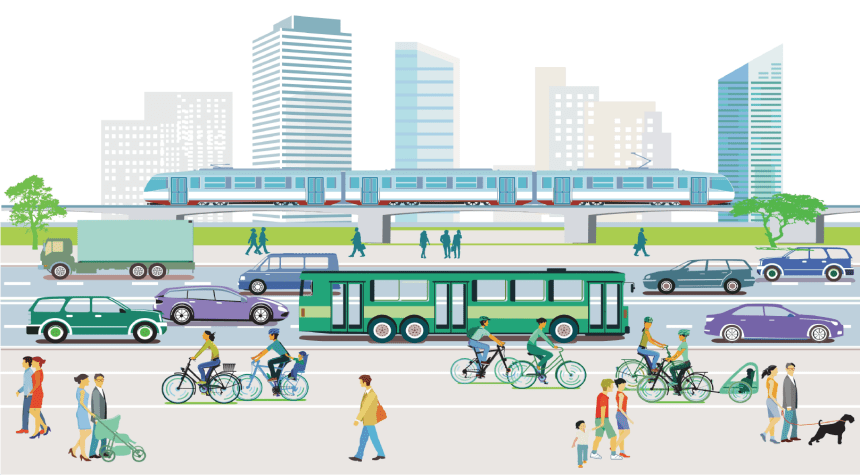The Clash Over Free Buses
Gov. Kathy Hochul (Public Domain) Governor Kathy Hochul is rejecting the proposal by New York City mayor elect Zohran Mamdani to make all city buses free.
Her argument? The MTA (Metropolitan Transportation Authority) just can’t afford to lose out on fare revenue when it’s already scraping by with only state subsidies. She stated it bluntly during a political retreat in Puerto Rico: “I can’t stop a system in its tracks right now and say we’re going to promise something that will require people’s money when the buses and subways aren’t running.” That quote was a headline moment: the “no” that essentially throws cold water on Mamdani’s biggest campaign promise.
The Bigger Issue: Money vs. Principles Mamdani’s platform was aggressively progressive free buses, rent freezes and $3 an hour raises for workers, universal childcare. His “free bus” program alone is said to have cost $650–800 million annually, according to the Times and ABC News.
The problem is, the M.T.A. isn’t run by the city it’s a state agency, which means Hochul and lawmakers in Albany have the final say on transit policy and financing. Without the governor’s support, Crain’s New York noted, the city cannot simply waive a wand and make bus fares vanish.
The Political Undercurrent, It’s not just about fares, politically. It’s a question of power, control and boundaries between the governor and the city’s new, highly left-wing mayor-elect. (What’s notable here is that Hochul actually endorsed Mamdani during the campaign, but her rejection of his free-bus idea sends a pretty unmistakable signal: “I will stand by you but not at the cost of fiscal sanity.”
That public rebuke and it is a public one, coming right after his win makes her look like she “threw him under the bus,” even if in political speech she framed it more as “responsible leadership.”
On Mamdani’s end, his “free bus” pledge was extremely well received among voters exasperated at the rising cost of living. But now he’s running into the immovable wall of state control and budget math. Transit analysts, such as those consulted by Gothamist, caution that a slash in fares, without another means of revenue to replace those losses would degrade the level of service and further damage the increasingly tenuous MTA finances.
What Happens Next?, Financing Solutions: Mamdani might campaign for a new “millionaire’s tax” or higher corporate taxes to make up the lost far revenue, if that is even possible, as Crain’s New York reported. Power Tug-of-War: You can anticipate a classic standoff between Albany and City Hall because the M.T.A. is under state control, the city cannot act unilaterally.
Pilot Programs, Some routes have already piloted fare-free buses (CBS News), but taking that citywide would be another animal. Political Optics: Yes/No If the commuters Mamdani wants to attract believe that he was blocked from delivering on “free buses,” it could put a dent in Mamdani’s credibility as a progressive, or make Hochul look like the villain in a populist narrative.
Bottom Line, Yes Hochul did say “no” (at least for now) to free citywide buses, and yes she did so publicly enough that it sounded like she just “threw the NYC mayor under the bus.” But the bigger story is about fiscal realism crashing into idealistic politics.
It’s not personal warfare it’s the eternal New York tussle between soaring promises and brutal budgets. As Politico put it best:
“Hochul praises Mamdani’s ambition but doubts his grandest ideas.” Whether this turns into an ugly death spiral or a negotiated settlement will determine the political tone of New York City’s next chapter.






















